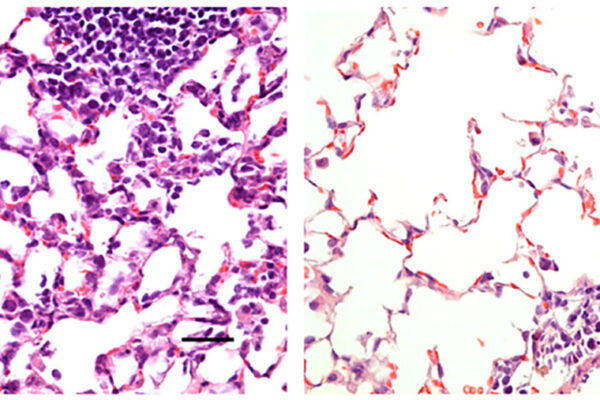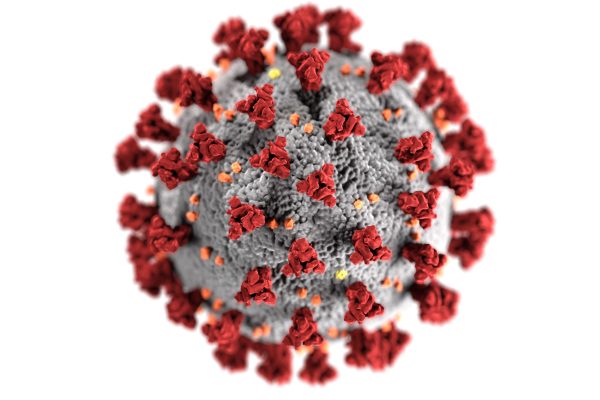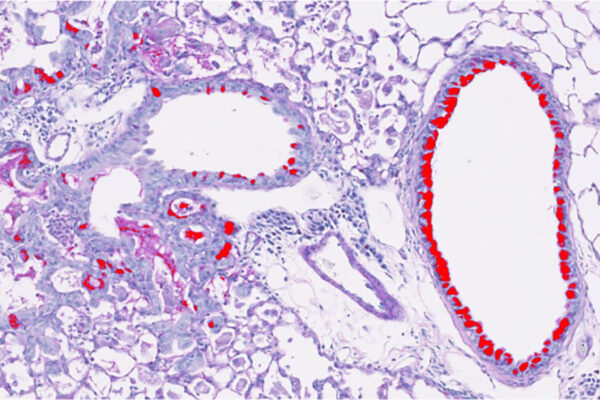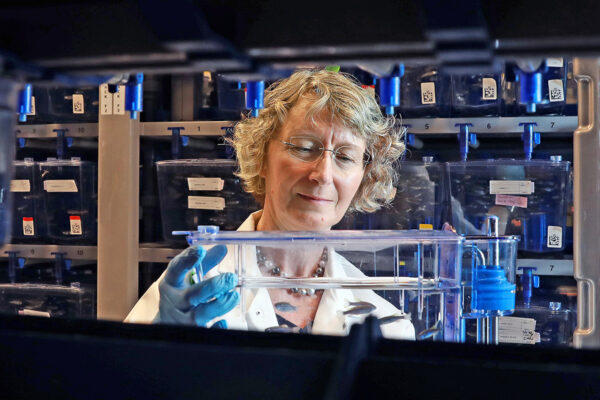School of Medicine faculty named to leadership roles at BJC
John Lynch, MD, professor of medicine at Washington University School of Medicine in St. Louis, has been named president of Barnes-Jewish Hospital. Meanwhile, Katherine Henderson, MD, assistant professor of clinical medicine at the School of Medicine, has been named the hospital’s chief medical officer.
Malhotra elected president of sleep medicine society
Raman Malhotra, MD, associate professor of neurology at Washington University School of Medicine in St. Louis, has been elected president of the American Academy of Sleep Medicine, a professional society dedicated to sleep medicine. He will serve as president-elect this year and take over as president in 2021.
African American children with autism experience long delays in diagnosis
A study led by researchers at Washington University School of Medicine details the nature of delays in autism diagnoses for African American children. Such delays can result in significant consequences for young children and their families.
Nasal vaccine against COVID-19 prevents infection in mice
Washington University School of Medicine scientists have developed a vaccine that targets the SARS-CoV-2 virus, can be given in one dose via the nose and is effective in preventing infection in mice susceptible to the novel coronavirus.
Reimagining public health in aftermath of COVID-19
COVID-19 caught public health systems in the U.S. unprepared to detect, track and contain the virus. The pandemic has exposed a multitude of deficiencies that require a wholesale reinvention of the field of public health, said four leading experts in a recently published essay.
Major weight loss — whether from surgery or diet — has same metabolic benefits
Gastric bypass surgery is the most effective therapy to treat or reverse type 2 diabetes in severely obese patients. New research from Washington University School of Medicine indicates that weight loss after surgery, rather than the surgery itself, drives metabolic improvements.
Five physician-scientists named inaugural Dean’s Scholars
The newly formed Division of Physician-Scientists at Washington University School of Medicine has selected five physicians for its inaugural Dean’s Scholar Program, which provides up to two years of financial support and mentorship to aspiring, early-career physician-scientists, along with dedicated time for conducting laboratory research.
2,000 volunteers needed to evaluate rapid COVID-19 saliva test
Washington University is seeking 2,000 university employees or students to volunteer for a study to evaluate the feasibility of large-scale, rapid COVID-19 saliva testing.
Drug development for severe respiratory diseases supported with $3.9 million grant
School of Medicine researchers have received a $3.9 million grant supporting new technologies and therapeutics to advance a drug to treat debilitating lung diseases, including asthma and chronic obstructive pulmonary disease. The research is led by Michael J. Holtzman, MD.
Solnica-Krezel elected president of international zebrafish research society
Lila Solnica-Krezel, the Alan A. and Edith L. Wolff Distinguished Professor and head of the Department of Developmental Biology at Washington University School of Medicine in St. Louis, has been elected president of the International Zebrafish Society.
View More Stories








